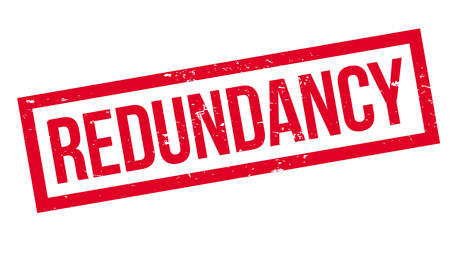Redundancy Payments for a Company Director
All employees who meet the qualifying criteria for redundancy under the Employment Rights Act 1996 are entitled to receive statutory redundancy payments. If your company is insolvent, the Redundancy Payments Service (RPS) will pay claims direct to the redundant employee, up to certain limits.
However, you might not be aware that a company director is eligible to claim redundancy pay in certain circumstances.
If a successful claim is made, the director can use those funds as he (or she) deems fit. This is particularly helpful where a director has personally met the costs of liquidation. In any case, such payments can be a lifeline when facing redundancy.
What are the criteria for a Director to claim?
The company must have been trading for more than two years for any person to make a claim for redundancy. A director must also be regarded as an employee of the company, working a minimum of 16 hours per week and being paid through the company’s payroll.
A director must also be working under a contract of employment, which can be written, oral or implied. Having a controlling interest in the company in itself is not sufficient to show that a director is also an employee.
Redundancy Pay
An individual is usually entitled to statutory redundancy pay if they have been continuously employed for two years or more. Statutory redundancy pay is calculated as:
- Half a week’s pay for each full year you were under 22;
- One week’s pay for each full year you were 22 or older, but under 41;
- One and a half week’s pay for each full year you were 41 or older.
Length of service is limited to 20 years.
If you were made redundant on or after 6 April 2021, your weekly pay is capped at £544 and the maximum statutory redundancy pay you can get is £16,320. If you were made redundant before 6 April 2021, these amounts will be slightly lower.
Redundancy pay under £30,000 is not taxable. Your likely redundancy entitlement can be calculated here.
What happens if I have a directors’ loan account?
A director loan is when you receive money from your company that cannot be classified as a salary, dividend, or expense repayment, and does not represent repayment of money which you have previously loaned to the company.
It is not unusual for a director to have a loan account, or for the balance of the loan account to fluctuate.
If a loan account is in credit (the company owes you money), and all other criteria are satisfied, there should be no impact on your claim for redundancy. However, if your loan account is overdrawn (you owe the company money), the RPS routinely off-set this amount against your redundancy claim.
How to make a claim for redundancy pay?
The Insolvency Practitioner dealing with the company closure will provide all employees with a factsheet which outlines how claims should be submitted. The Insolvency Practitioner will also notify you of the case reference number which is generated by the RPS when the case is set-up. No employee can submit their claim without it.
You may also be able to claim arrears of wages, accrued holiday pay, and pay in lieu of notice, all of which are subject to statutory limits. Claims are paid out of the National Insurance Fund, and you can find further information here.
There are independent specialists that will offer to assist directors’ with this process, and the associated fee will be deducted from any successful claim.
Contact Keywood Group for Redundancy Advice
If you are considering closing your limited company, or require any further information, help, or advice please do not hesitate to contact us for a no obligation discussion.











